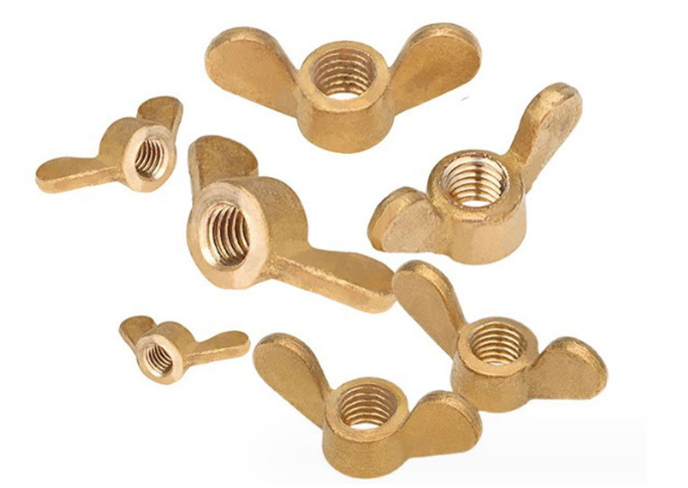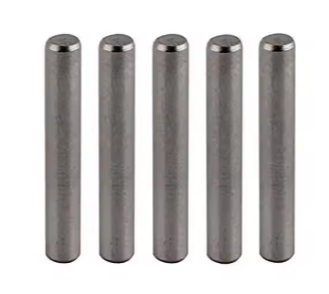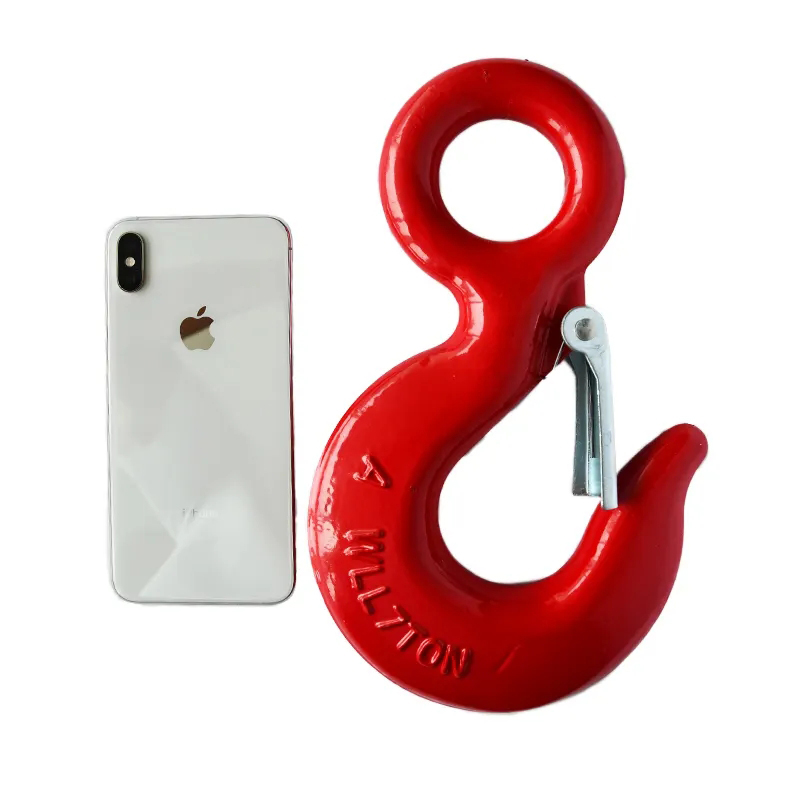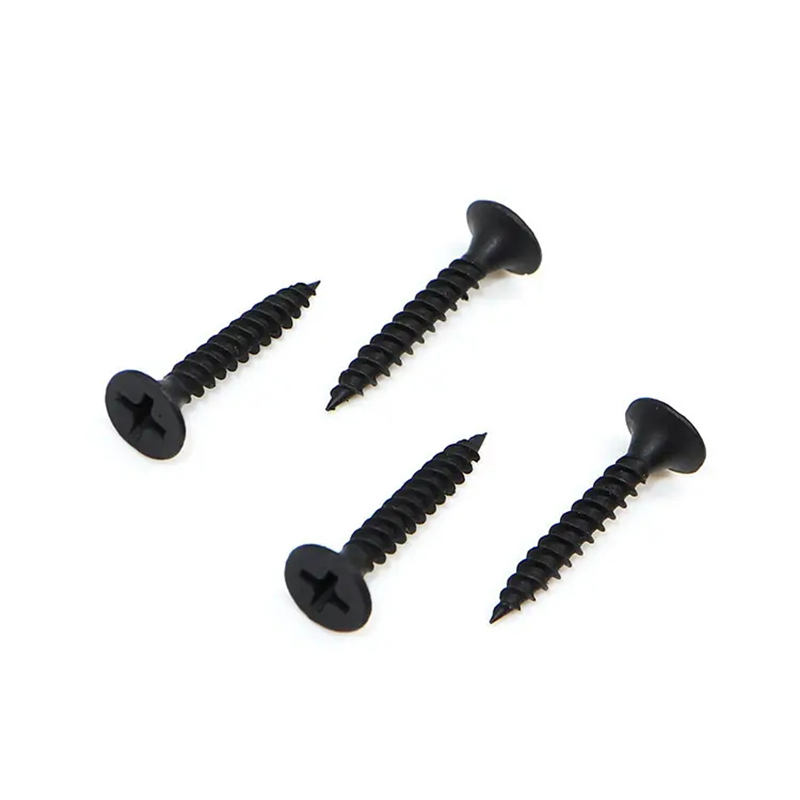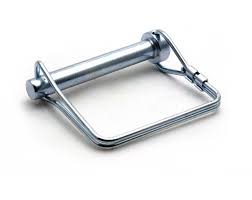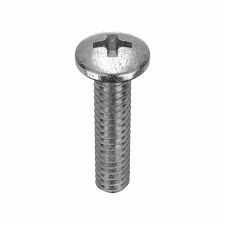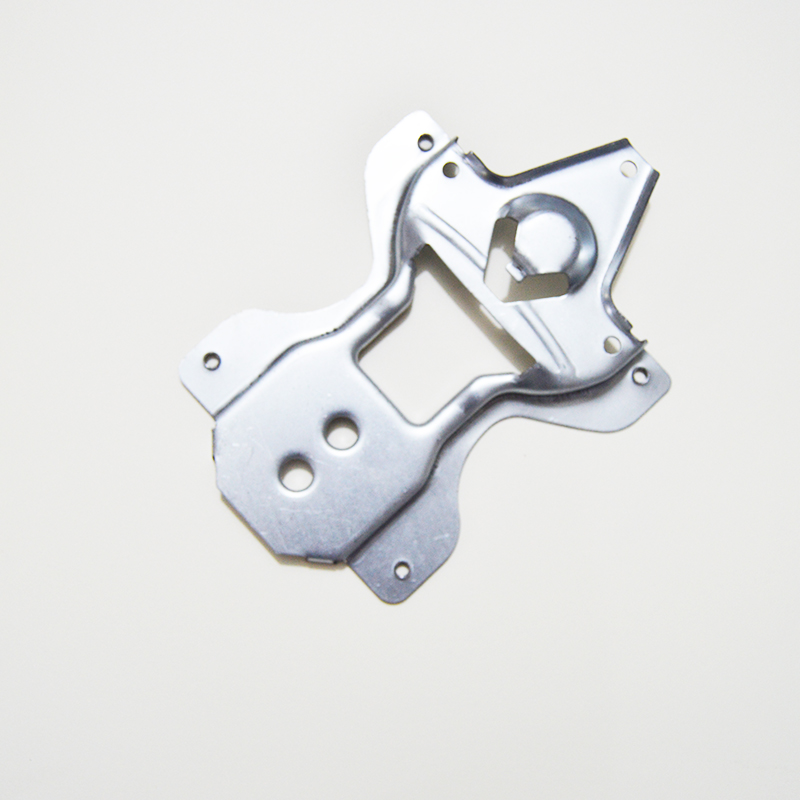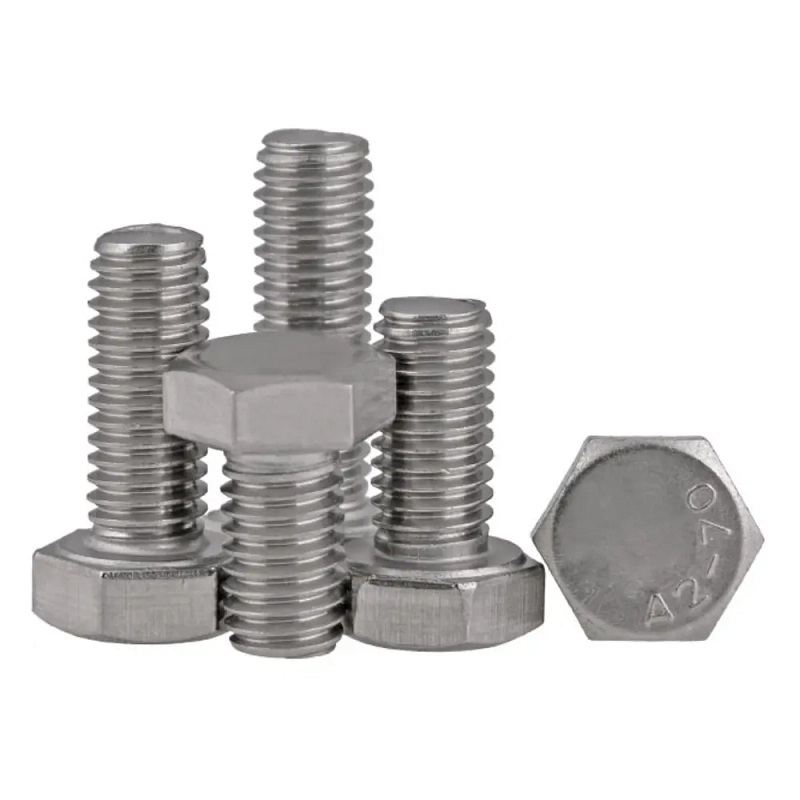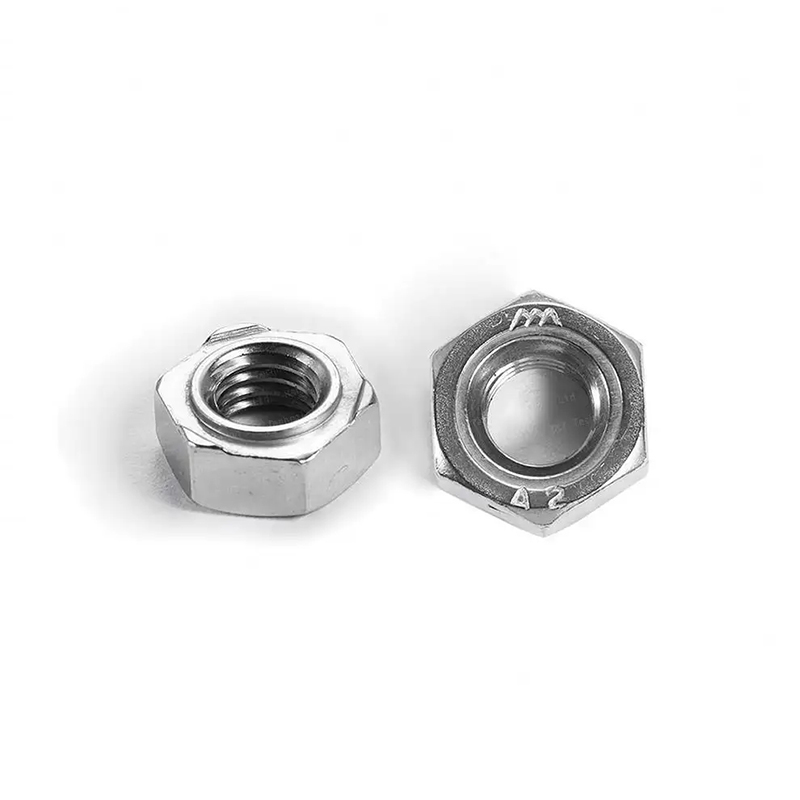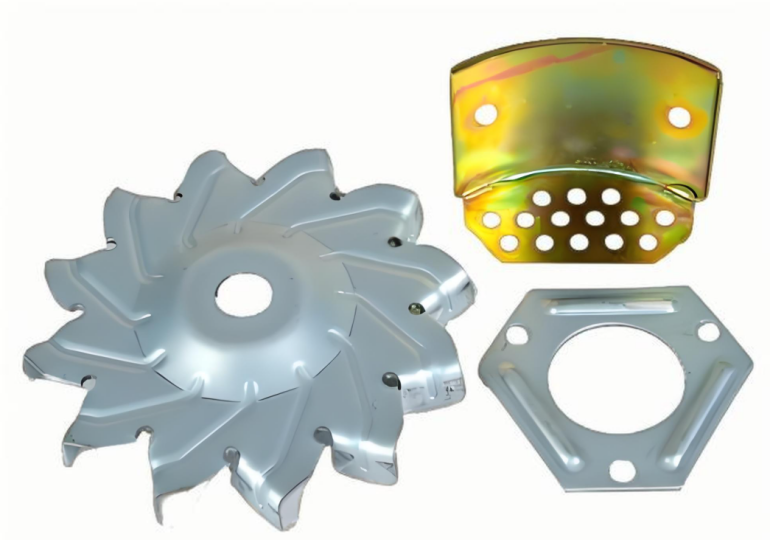

Find the best DIN 934 nut manufacturer for your needs. This guide covers everything from material choices and manufacturing processes to quality control and sourcing strategies. Learn about different types of DIN 934 nuts, their applications, and how to select the right supplier.
DIN 934 nuts are hexagonal nuts conforming to the German standard DIN 934. These nuts are commonly used in various applications due to their strength and reliability. They are typically manufactured from steel, but other materials like stainless steel, brass, and nylon are also available depending on the specific application requirements. The design ensures a secure and consistent fastening solution.
The material of a DIN 934 nut significantly impacts its strength, corrosion resistance, and overall lifespan. Common materials include:
Selecting a reliable DIN 934 nut manufacturer is crucial for ensuring the quality and consistency of your fasteners. Key factors to consider include:
A reputable DIN 934 nut manufacturer will have a rigorous quality control process in place. This typically involves inspections at various stages of production, ensuring compliance with DIN 934 specifications and customer requirements. Look for manufacturers that utilize advanced testing equipment and employ experienced quality control personnel.
DIN 934 nuts find widespread use across diverse industries, including:
There are many suppliers of DIN 934 nuts. Thorough research is essential to find a reliable and suitable partner. Online directories, industry trade shows, and recommendations from other businesses can all be helpful resources. Remember to carefully evaluate potential suppliers based on the factors discussed above.
For high-quality DIN 934 nuts and exceptional service, consider Hebei Dewell Metal Products Co., LTD. They are a leading DIN 934 nut manufacturer known for their commitment to quality and customer satisfaction.
Table 1: Comparison of Common DIN 934 Nut Materials
| Material | Strength | Corrosion Resistance | Cost |
|---|---|---|---|
| Carbon Steel | High | Low | Low |
| Stainless Steel (304) | Medium | High | Medium |
| Stainless Steel (316) | Medium | Very High | High |
| Brass | Medium | High | Medium-High |
| Nylon | Low | High | Low |
Note: The information provided in this table is for general guidance only. Specific material properties may vary depending on the manufacturer and exact material specification.

